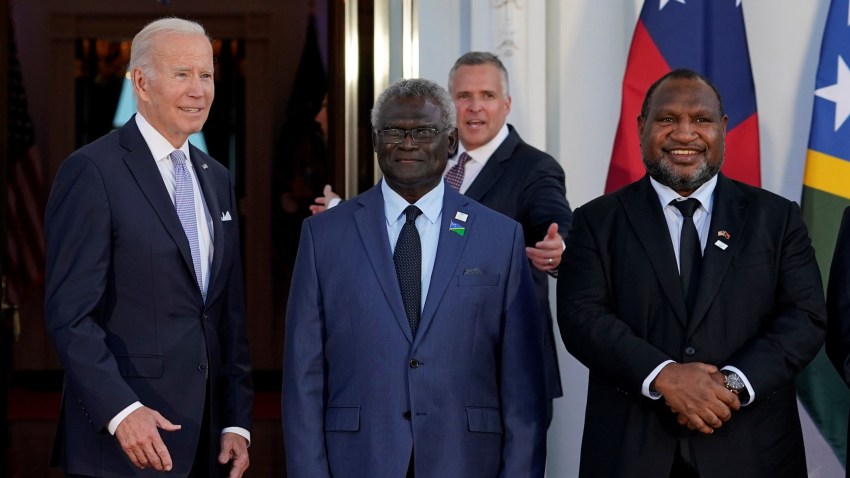HONIARA, Solomon Islands—The Solomon Islands has become the focus of a fierce geopolitical rivalry between the allies of the U.S. and Australia on one hand, and China on the other, after announcing an extensive security pact with Beijing a year and a half ago. Now the spotlight is on the southwest Pacific Island nation again as it hosts the region’s highest-profile sporting event, the Pacific Games, in its capital, Honiara.
The games, which began Nov. 19 and will last until Dec. 2, is one of the largest international events the Solomon Islands has ever hosted, gathering 5,000 athletes from 24 Pacific Island nations. The country’s political class, led by Prime Minister Manasseh Sogavare, is determined that it be a moment of national prestige and celebration of islanders’ achievements. In addition, Sogavare told the international media, “it is an investment in the future of our country.”
Foreign powers have indeed been keen to generously support the event. The Solomon Islands, a sprawling archipelago of about 734,000 people, is a least-developed country, and the cost of hosting the games—about $250 million—is beyond its budgetary resources. More than 80 percent of the funding needed to build infrastructure and administer the event has been provided by foreign donors, including Australia, New Zealand, Papua New Guinea, Saudi Arabia, Korea, India, Indonesia and above all China, which has carried half the total cost of the games.

